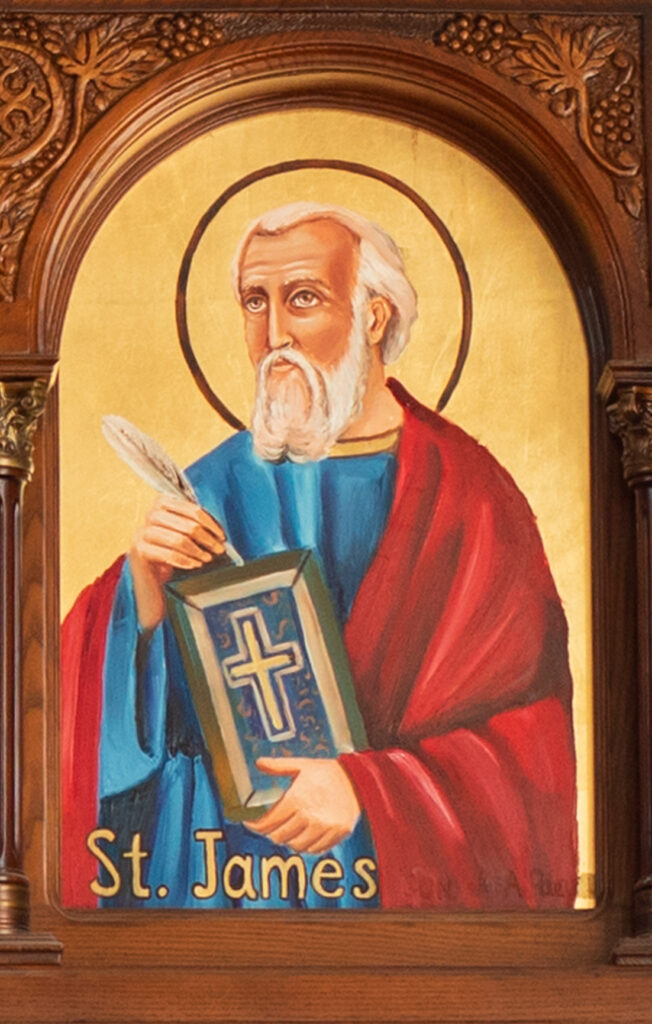
"But God has chosen the foolish things of the world to put to shame the wise."
(1 Cor. 1:27)

“Tell us, when will this [the destruction of the Temple] be, and what will be the sign that all these things are about to be accomplished?”
“But God has chosen the foolish things of the world to put to shame the wise”.
(1 Cor. 1:27)
"The first ones to be called to follow the Saviour were illiterate fishermen. He sent them to preach so that no one relates the change of the believers to eloquence and knowledge, but rather to the work of God.”
"The soldier that seized the Saint, when he saw his courage, he realized that there must be a better life and asked the Saint for his forgiveness. Then the soldier confessed Christianity and received the crown of martyrdom (Acts 12:1,2) along with the Apostle in the year 44 A.D."
"So on a set day Herod, arrayed in royal apparel, sat on his throne and gave an oration to them. And the people kept shouting, 'The voice of a god and not of a man!' Then immediately an angel of the Lord struck him, because he did not give glory to God. He was eaten by worms and died"
(Acts 12:21-23)